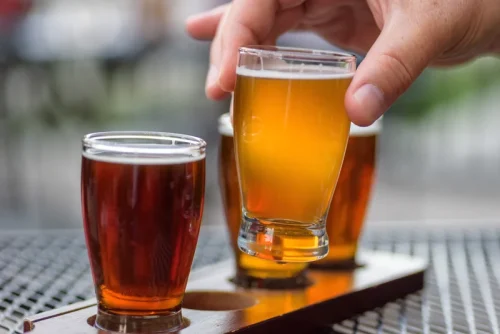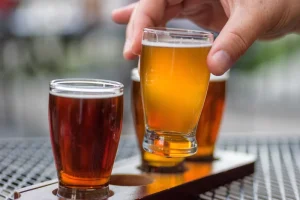
Alcohol-induced cardiomyopathy is a condition that can have major impacts on your life over time. While many people will recover from this condition if they abstain from alcohol, others will have symptoms and related problems for the rest of their life. If you are a heavy drinker, talking to a primary care provider can help keep this condition from becoming even more severe in the future, or even prevent it from happening. Your provider is the best source of information and guidance, and they can connect you to other resources that can help and experts who can assist.
- S3 gallop sound along with apical pansystolic murmur due to mitral regurgitation is often heard.
- Anyone who already has a weakened immune system or is at risk of infection should avoid alcohol use entirely.
- Alcohol in excessive quantities has a directly toxic effect on heart muscle cells.
- This includes taking your medication as instructed and eating a healthy diet.
Risk Factors for Alcoholic Hepatitis
This activity examines when this condition should be considered on differential diagnosis. This activity highlights the role of the interprofessional team in caring for patients with this condition. The signs and symptoms of alcoholic cardiomyopathy (ACM) can vary depending on the severity of the condition.6 In the early stages, people with ACM may not experience any symptoms. However, as the condition progresses, they may experience symptoms such as fatigue, shortness of breath, palpitations, and swelling of the legs and ankles.6 They may also experience chest pain, dizziness, and fainting. https://ecosoberhouse.com/ In some cases, ACM can cause arrhythmias or irregular heartbeats, which can be life-threatening.
- Once doctors have found this, they will look for the cause of the weakened heart.
- In a subsequent study using electron microscopy, the authors found histological features that could be superimposed onto those found in hearts that had suffered hypoxia, anoxia or ischemia43.
- Experimental studies analysing the depressive properties of alcohol on the cardiac muscle invariably use similar approaches31-39.
- In this respect, a higher prevalence of excessive alcohol consumption has been reported among individuals diagnosed with DCM than in the general population8.
- Alcohol has the potential to affect almost every organ in the body on some level.
Lifestyle Quizzes
They may also use blood and breath tests to spot other problems that could be contributing to the problem. If you’ve been a lifelong heavy drinker, your doctor may recognize that the problem stems from alcohol. They’ll also ensure that you don’t have an underlying issue like cancer or Crohn’s disease that must also be treated. People with a specific variation in the PNPLA3 gene are at a higher risk of developing alcoholic hepatitis. People who know their parents had liver problems should approach alcohol with care.
Mental Health Treatment
That weakens your heart muscle, keeping it from pumping as well as it should. Over time, this means your heart can’t pump blood as effectively, which reduces your body’s available oxygen supply. If left untreated, alcoholic cardiomyopathy can alcoholic cardiomyopathy is especially dangerous because lead to long-term health complications and death. If you see any signs of alcoholic cardiomyopathy, contact emergency medical services immediately. To avoid alcoholic cardiomyopathy, abstain from alcohol or drink in moderation. Because alcoholic cardiomyopathy is influenced by how much alcohol you drink, lessening your alcohol intake can reduce the likelihood of developing the condition.

He compared the prevalence of different polymorphisms of the angiotensin-converting enzyme gene in 30 ACM patients and in 27 alcoholics with normal ventricular function. Furthermore, 89% of the alcoholics with a DD genotype developed ACM, whereas only 13% of those with an II or ID genotype developed this condition. Alterations caused by heavy alcohol intake have also been studied from the perspective of histopathology. Emmanuel Rubin analysed muscle biopsies from individuals who were previously non-drinkers amphetamine addiction treatment and were submitted to a balanced diet with heavy alcohol intake during one month41.

